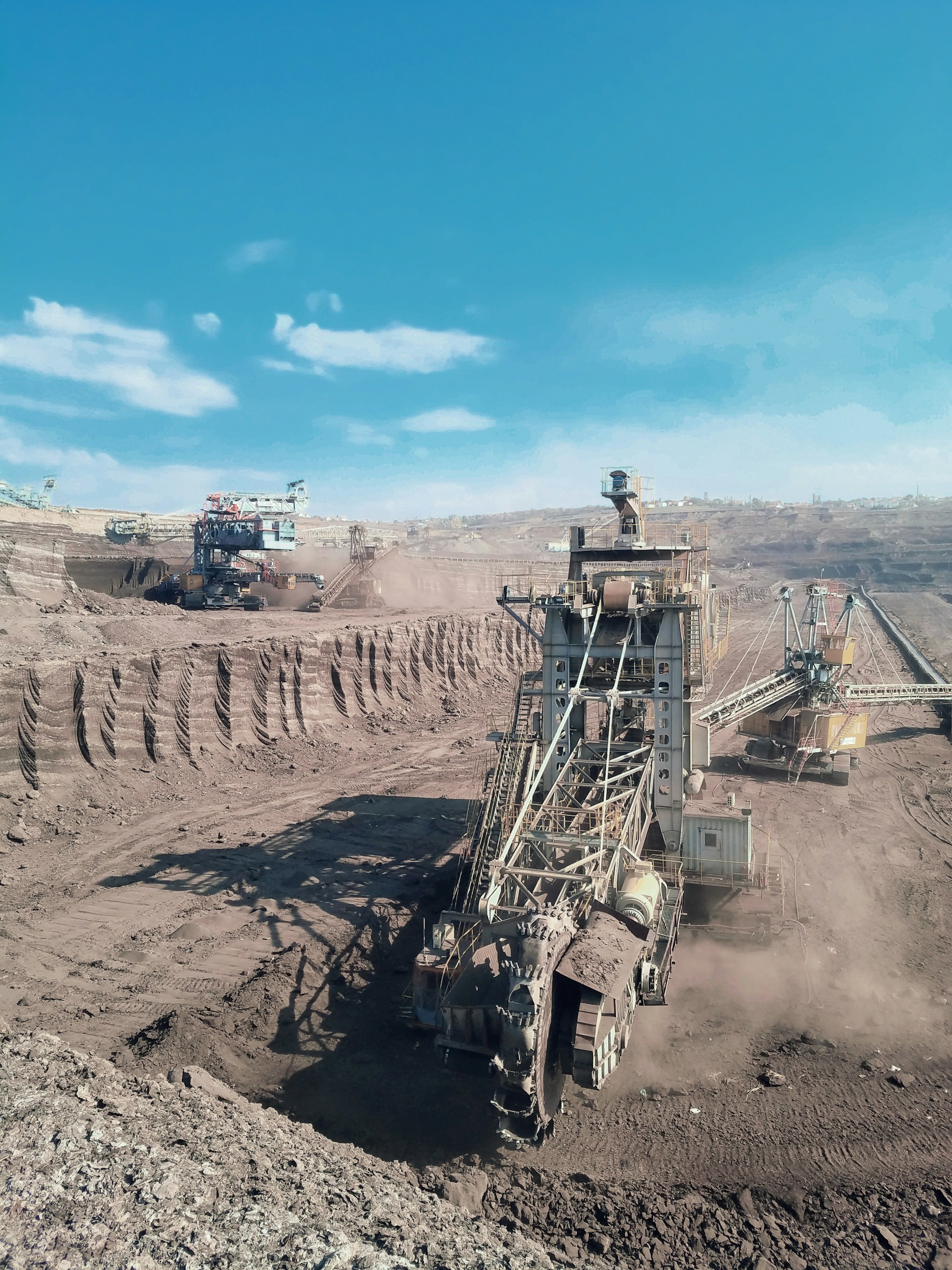China's Carbon Market Expansion: Implications for Steel, Cement, and Aluminium Industries
CXL (CXL) Share Update November 2024 Thursday 21st
China Expands Carbon Market to Include Steel, Cement, and Aluminium
In a significant move towards reducing carbon emissions, China has announced plans to include the steel, cement, and aluminium industries in its national carbon market starting in 2024.
Instant Summary:
- China's carbon market to expand to include steel, cement, and aluminium sectors.
- The initiative is part of China's broader strategy to achieve carbon neutrality by 2060.
- The inclusion aims to regulate emissions from these high-polluting industries.
- Expected to drive innovation and efficiency in industrial processes.
China's Carbon Market Expansion
China, the world's largest emitter of greenhouse gases, has taken a bold step by announcing the inclusion of the steel, cement, and aluminium industries in its national carbon market. This decision, set to take effect in 2024, is a part of China's larger commitment to peak carbon emissions before 2030 and achieve carbon neutrality by 2060.
The carbon market, which operates on a cap-and-trade system, allows companies to buy or sell emission allowances, providing financial incentives to reduce emissions. By incorporating these heavy industries, China aims to curb emissions from some of its most polluting sectors.
Impact on Industries
The steel, cement, and aluminium industries are significant contributors to China's carbon footprint. Integrating them into the carbon market is expected to encourage these sectors to adopt cleaner technologies and improve energy efficiency. This move is anticipated to foster innovation and investment in green technologies, potentially reshaping the industrial landscape.
Industry leaders have expressed both optimism and concern. While the initiative could lead to increased operational costs due to the need for compliance, it also presents opportunities for companies that can adapt quickly and efficiently.
Global Implications
China's decision to expand its carbon market could have far-reaching implications globally. As a major player in the global supply chain, changes in China's industrial policies can influence international markets and trade. The move may prompt other countries to enhance their carbon reduction strategies and collaborate on global climate goals.
The inclusion of steel, cement, and aluminium industries in China's carbon market is likely to have a mixed impact on the stock market. Companies within these sectors may face short-term financial pressures due to increased compliance costs. However, the long-term benefits of innovation and efficiency could enhance competitiveness and profitability.
Investors may initially react with caution, but those with a focus on sustainability and green technology could see this as an opportunity for growth and investment.
Investor Reaction:
Analysts are likely to view this announcement with cautious optimism. While there may be concerns about the initial financial impact on high-emission industries, the potential for innovation and efficiency gains could attract investment in the long run.
Conclusion:
Investors should keep a close eye on how companies in the steel, cement, and aluminium sectors respond to this regulatory change. The expansion of China's carbon market represents both challenges and opportunities, and strategic investments in green technologies could yield significant returns.